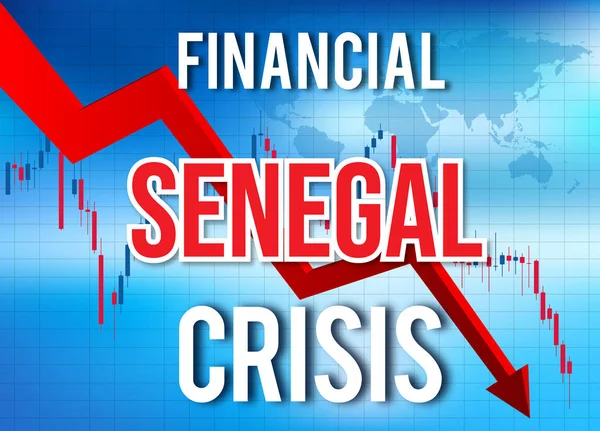
Senegal’s Council for the Observation of Rules of Ethics and Professional Conduct in the Media (CORED) has suspended its permanent activities due to a severe financial shortfall, raising alarms over the future of media self-regulation in the country.
Established in 2009, CORED has played a vital role in safeguarding journalistic ethics and professionalism.
The body has served as both a watchdog and educator—training journalists, adjudicating violations, and curbing misinformation in a digital era fraught with disinformation.
Its presence has been pivotal in promoting responsible journalism and editorial integrity across Senegal’s media landscape.
However, on June 25, CORED announced the closure of its permanent secretariat at the Babacar Touré Press House.
The decision follows more than a year of unpaid salaries and the complete absence of state funding for 2024 and 2025.
The financial crisis has paralyzed the organization’s ability to operate, despite its importance in an increasingly volatile information environment.
The root of the crisis lies in the failure of the Press Support and Development Fund (FADP) to deliver statutory funding.
Established under Articles 46 and 53 of Senegal’s Press Code, the fund was intended to ensure institutional continuity for media oversight bodies like CORED.
In the absence of financial support, only CORED’s Bureau, Board of Directors, and Tribunal of Peers remain active—working entirely on a voluntary basis and without logistical support.
The suspension of CORED’s core functions comes at a critical time. Senegal’s media landscape is witnessing a surge in viral misinformation, sensationalist reporting, and online hate speech.
The vacuum left by the council’s shutdown threatens to deepen the crisis of trust between the public and the press.
As public discourse becomes increasingly shaped by unchecked digital content, concerns are growing over the state’s commitment to media self-regulation.
The suspension of CORED is more than an operational setback—it signals a wider institutional fragility in the country’s information governance framework.
Until financial clarity returns, the absence of CORED leaves a void in media accountability, raising urgent questions about how Senegal will uphold journalistic standards in an era of digital disruption.



